Linguise, once activated, will automatically translate all your website pages into the languages you’ve chosen. To do so, we apply a high-quality Neural Machine Translation to your content. Neural Machine Translation performance mainly relies on context to return an accurate translation. For example, a sentence like the previous one will be perfectly translated, on the other hand, a single word like “free” can be translated as “without cost” or “not under the control of another”.
Linguise recommendation: make short sentences instead of a list of keywords for your page’s main title and subheadings.
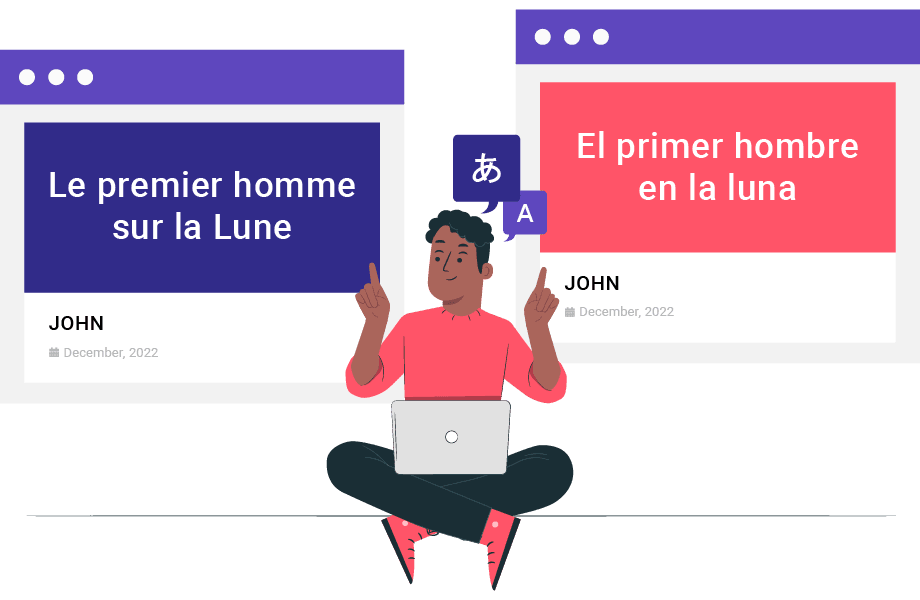
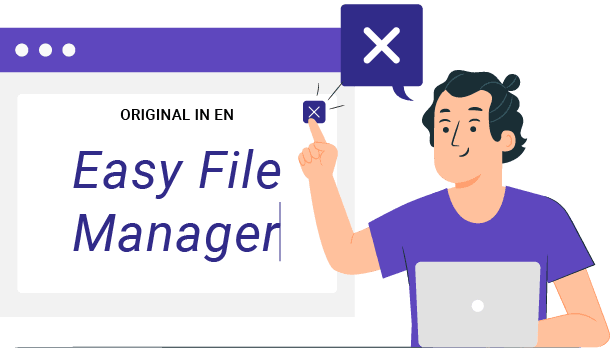
Linguise has advanced replacement and exclusion rules, you will need to use them from the start. For example, if your product name is “Easy File Manager” you don’t want to translate this precise product name so just exclude it from translation, from all languages, from all pages URLs. It’s one click away!
Linguise recommendation: Try your website in another language! Exclude product names or technical terms that do not require translation. It shouldn’t be more than 5 or 10 terms to start, small effort, big reward!
A sitemap is something crucial when it comes to speed up content indexing, especially when your website grows. Linguise generates an XML sitemap based on your main website sitemap, and it’s automatically updated when a bot comes to crawl your sitemaps
Linguise recommendation: create and submit all your sitemaps right away after activating the multilingual system
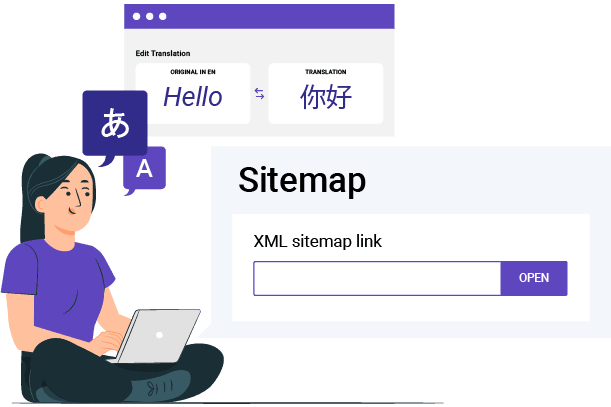
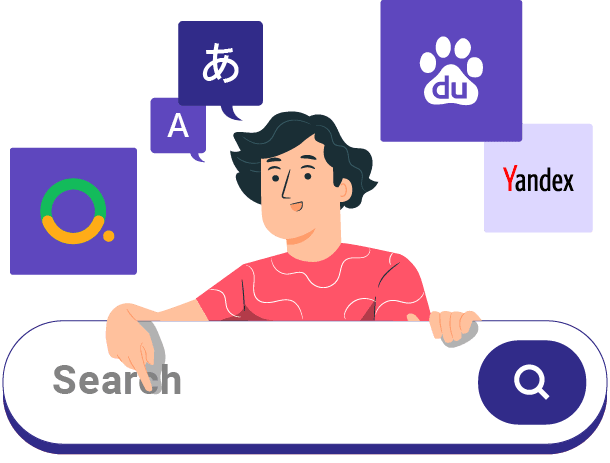
The Google Search Console is by far the most used by western webmasters but there are others that perform pretty well! Yandex, Baidu, 360, Naver are among them.
Linguise recommendation: Don’t stop on the Google Webmaster tool, especially if you plan to rank your website in Asia or Eastern Europe.
Multilingual content will change your traffic volume and therefore the most visited pages on your website. You will need to track the most visited multilingual pages and optimize them by priority, like you may have done for pages in your original language.
Linguise recommendation: create a separate report in Google Analytics to track the traffic on multilingual pages only. Page content optimization can be done by modifying the original content or by using the help of a human translator
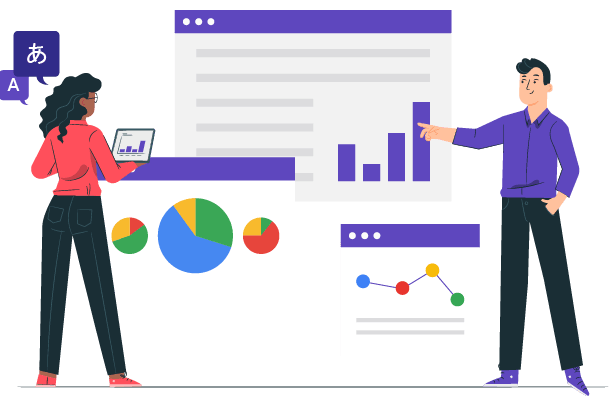
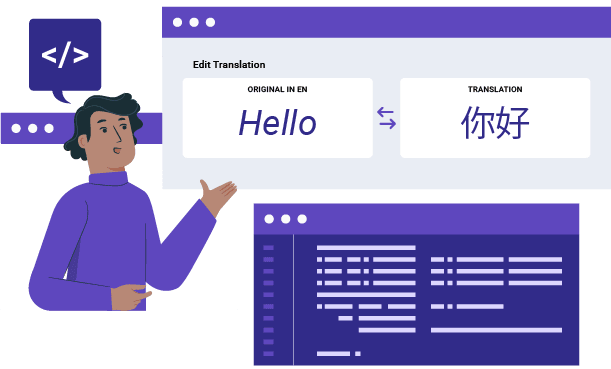
It is well known by SEO specialists that meta keywords are not directly used by Google to rank the pages. This is not the case for other search engines or specialized directories. As an example, Yandex explicitly uses the meta keywords for the original content and moreover for multilingual content.
Linguise recommendation: Don’t spend hours doing it, but adding 5 or 6 meta keywords on your website’s main pages in your original language will definitively help!